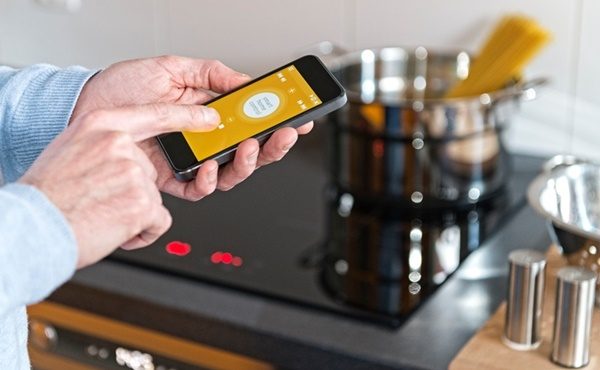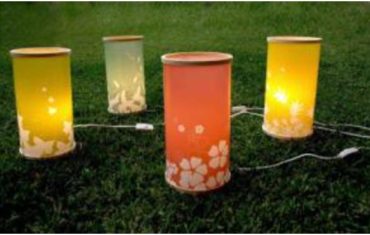Can you imagine a kitchen where you don’t have to do any of the hard work? Soon this will be a reality, according to smart home expert Mike Wolf.
During a keynote session at the 2018 International Home + Housewares Show, ‘The Future Kitchen: Building Smart, New and Sustainable Business Models’, US-based Wolf, creator and founder of the Smart Kitchen Summit, said product and software companies are teaming up to create a smarter kitchen.
“The heart of the smart kitchen is not the smart oven, fridge or cupboard, but software, and the goal is to perfectly synchronise hardware and software,” he explained.
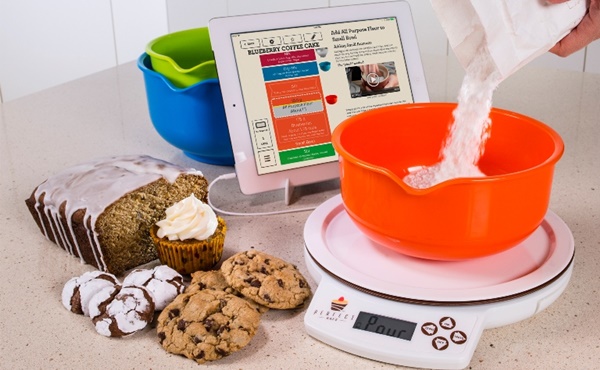
“In the quest to simplify life and make people experts at things that once only the experts did well—such as making perfect cocktails, creating delicious nutrition-laden meals and whipping up a meal that once only existed in the repertoire of the MasterChef—we have entered an era where software doesn’t just change our lives, but manages it.”
One business benefiting from the smart kitchen movement is Perfect Company, created by Mike Wallace and a friend five years ago when neither of them could create the perfect Moscow Mule.
“My friend and I hooked up a kitchen scale to a computer and in doing so, we created the basis of a product that measured the correct ingredients to make the perfect cocktail,” he explains.
The creation was called Perfect Drink, and today, Perfect Company has sold hundreds of thousands of the products. Wallace has also launched Perfect Bake and Perfect Blend. As suggested by the names, Perfect Bake means people can’t go wrong when whipping up some cupcakes, a slice or cookies, while Perfect Blend makes creating everything from a sauce, marinade or smoothie to nutritious baby food a cinch.
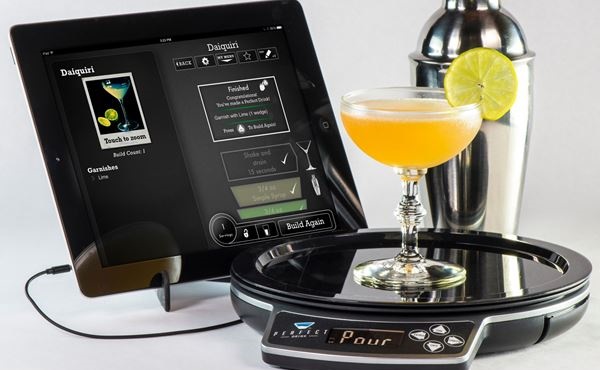
One of the major advantages is that the products gather data. For example, on the Perfect Drink app, users input all of the alcohol they have on hand in order for the app to tell them what cocktail they can make. This also allows Perfect Company to ascertain what those people regularly drink at home.
The data is crucial when it comes to understanding drink trends and the company’s demographic, such as whether the Cosmo is more popular in Los Angeles or New York (turns out New Yorkers love a Cosmo).
Jon Jenkins, director of engineering at Hestan Cue in the US says the aim of the smart kitchen is to eliminate tasks humans are bad at. “Allow software to do the things that human beings can’t do well. Take the drudgery out of the task and you’ll have a better result.
“And the best news for retailers is that this brave new world is affordable, and so the manufacturer, retailer and the customer all benefit from the situation. Whether an app is created for one person, or for a million people, it costs the same.
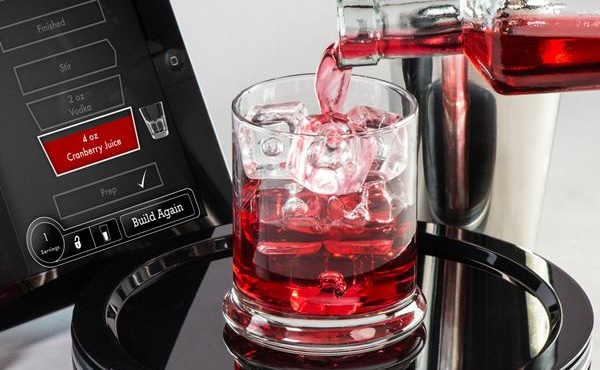
“Remember that it’s all about partnerships. One brings the software, and the other brings the product. Work together.”
By Marion Gerritsen
For more information about the International Home + Housewares Show, visit www.housewares.org



